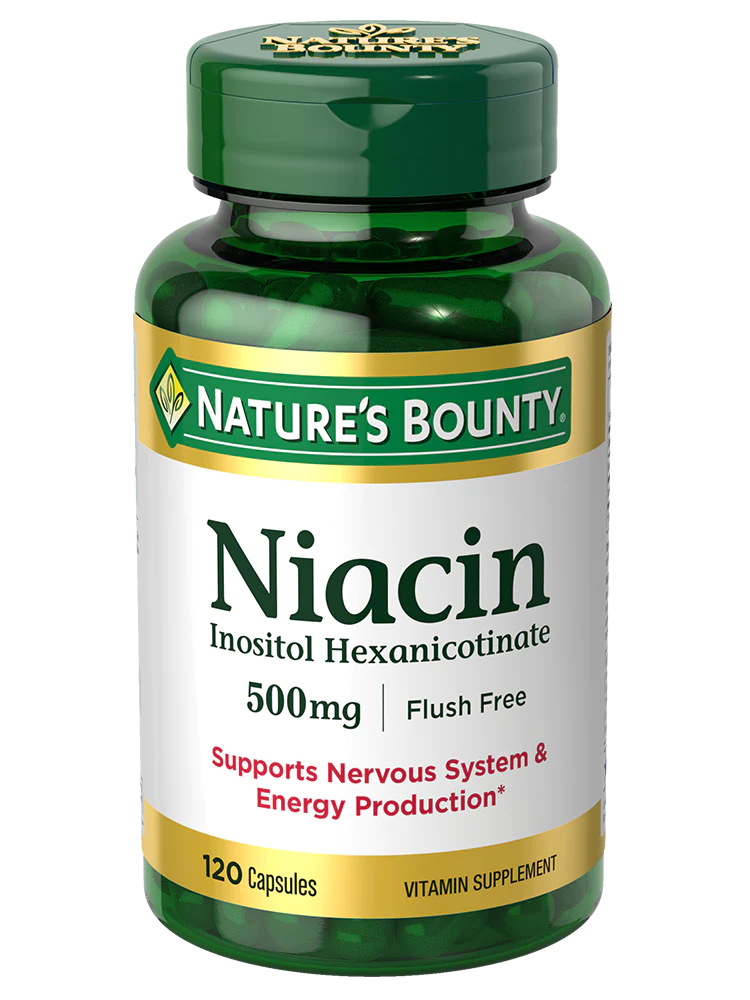Doctors often recommend niacin for its potential to benefit cardiovascular health and manage lipid levels. Niacin, also known as vitamin B3, is a water-soluble vitamin that plays a crucial role in various metabolic processes within the body. Here are some reasons why doctors may recommend niacin supplementation:
Advertisement

Cholesterol Management: One of the primary reasons doctors recommend niacin is its ability to improve lipid profiles. Niacin has been shown to lower LDL (bad) cholesterol levels while simultaneously increasing HDL (good) cholesterol levels. By doing so, niacin helps to balance cholesterol levels, reducing the risk of atherosclerosis and cardiovascular disease.
Triglyceride Reduction: Niacin supplementation can also lower triglyceride levels in the blood. High triglyceride levels are associated with an increased risk of heart disease. By reducing triglycerides, niacin helps to further protect cardiovascular health.
Advertisement
Heart Disease Prevention: Given its positive effects on cholesterol and triglyceride levels, niacin is often recommended as part of a comprehensive approach to prevent heart disease. Alongside lifestyle modifications such as a healthy diet and regular exercise, niacin supplementation can contribute to overall cardiovascular health.
Treatment of Pellagra: Pellagra is a condition caused by niacin deficiency, characterized by symptoms such as dermatitis, diarrhea, and dementia. In cases of severe niacin deficiency, doctors may recommend niacin supplementation to alleviate symptoms and restore niacin levels in the body.
Adjunctive Therapy: Niacin may be prescribed as adjunctive therapy in individuals who have not achieved optimal lipid levels with lifestyle changes alone or who are at high risk of cardiovascular events. When used in conjunction with other lipid-lowering medications, niacin can further improve lipid profiles and reduce cardiovascular risk.
Overall, doctors recommend niacin for its ability to improve lipid profiles, reduce cardiovascular risk factors, and support overall heart health. However, it’s essential to consult with a healthcare professional before starting niacin supplementation, as they can provide personalized recommendations based on individual health status and risk factors. Additionally, niacin supplementation may not be suitable for everyone and can cause side effects in some individuals, underscoring the importance of medical guidance in its use.


Leave a Reply